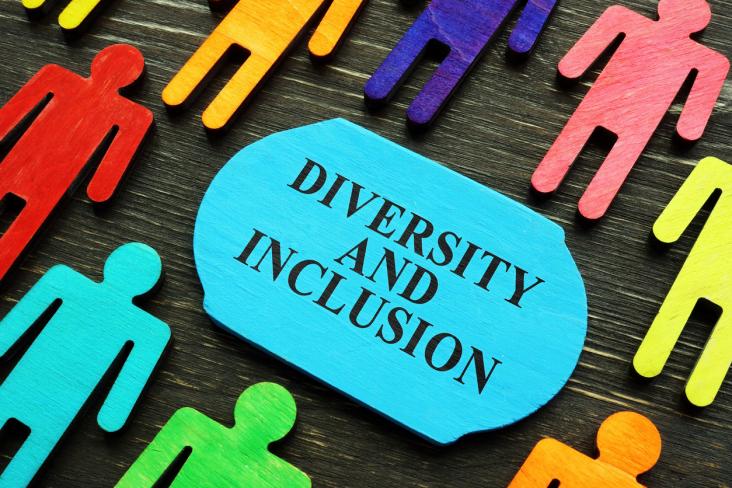In this study, the authors use topic modeling and critical discourse analysis to answer this question: what are the most significant topics of discussion within the Colombian feminist movement on Twitter during the COVID-19 pandemic?

The United States Supreme Court's landmark decision to strike down race-based admissions programs in higher education has far-reaching implications which also extend to the workplace. This article discusses ways this ruling may affect corporate diversity, equity and inclusion (DEI) program and also embolden some states to take further aim at DEI initiatives, and in so doing promote SDGs 5, 8 and 10.
Sex disparities in cancer exist along the cancer spectrum, ranging from genomic predisposition and behavioral risk factors to access to screening, diagnostics, treatment, and survivorship care. A growing body of research is studying the biological underpinnings of these differences, from cancer risk to tumor biology to treatment response
The article focuses on gender issues in cross cultural communities.
Elsevier,
Accelerating Strategic Changes for Digital Transformation in the Healthcare Industry: Information Technologies in Healthcare Industry, 2023, pp 323-362
This content aligns with Goal 3: Good Health and Well-being, Goal 5: Gender Equality, and Goal 9: Industry, Innovation, and Infrastructure by discussing the digitial health transformation opportunities enabled by Covid-19, as well as the associated issues that must be considered.

International Women's Day 2026: A Call to End Violence Against Women and Support SDG Resources
This is a Personal View discussing socioeconomic risk factors for dementia in women in Latin American Countries, with emphasis on gender roles and expectations that can infleuence the onset and prevalence of dementia
Cervical cancer is the fourth most common malignancy in women of reproductive age globally and specially among women living with HIV in low-income and middle -income countries. This Position Paper shows specific challenges and uncertainties on the way to cervical cancer elimination for women living with HIV and highlights the scarcity of evidence for the effect of interventions in this population. The piece calls for the expansion of HPV immunization programmes for women
This article highlights the risks of a polluted environment on our health, especially reproductive health and female fertility.
Explores gender differences in the interactions between people's travel behaviour and their mental health. Suggests policies and strategies that policy-makers and planners could use to promote better mental health specifically among either male or female populations.
